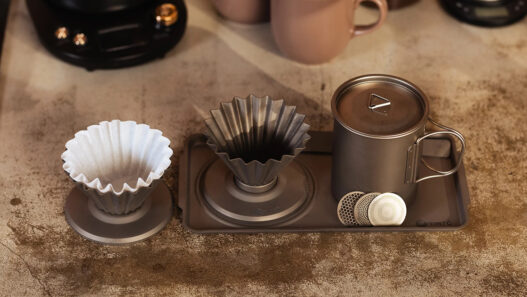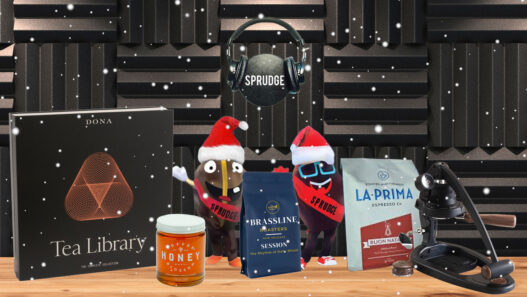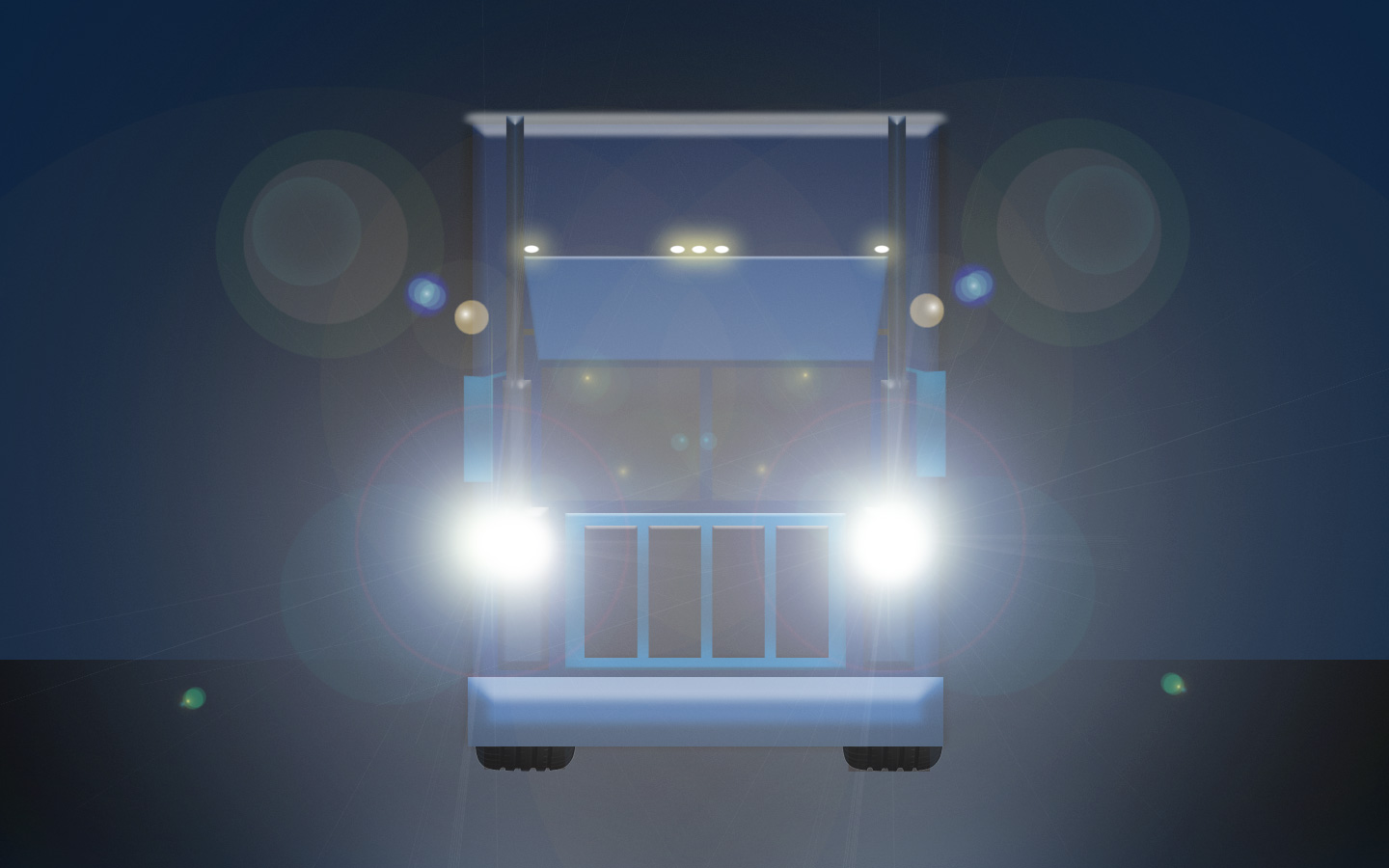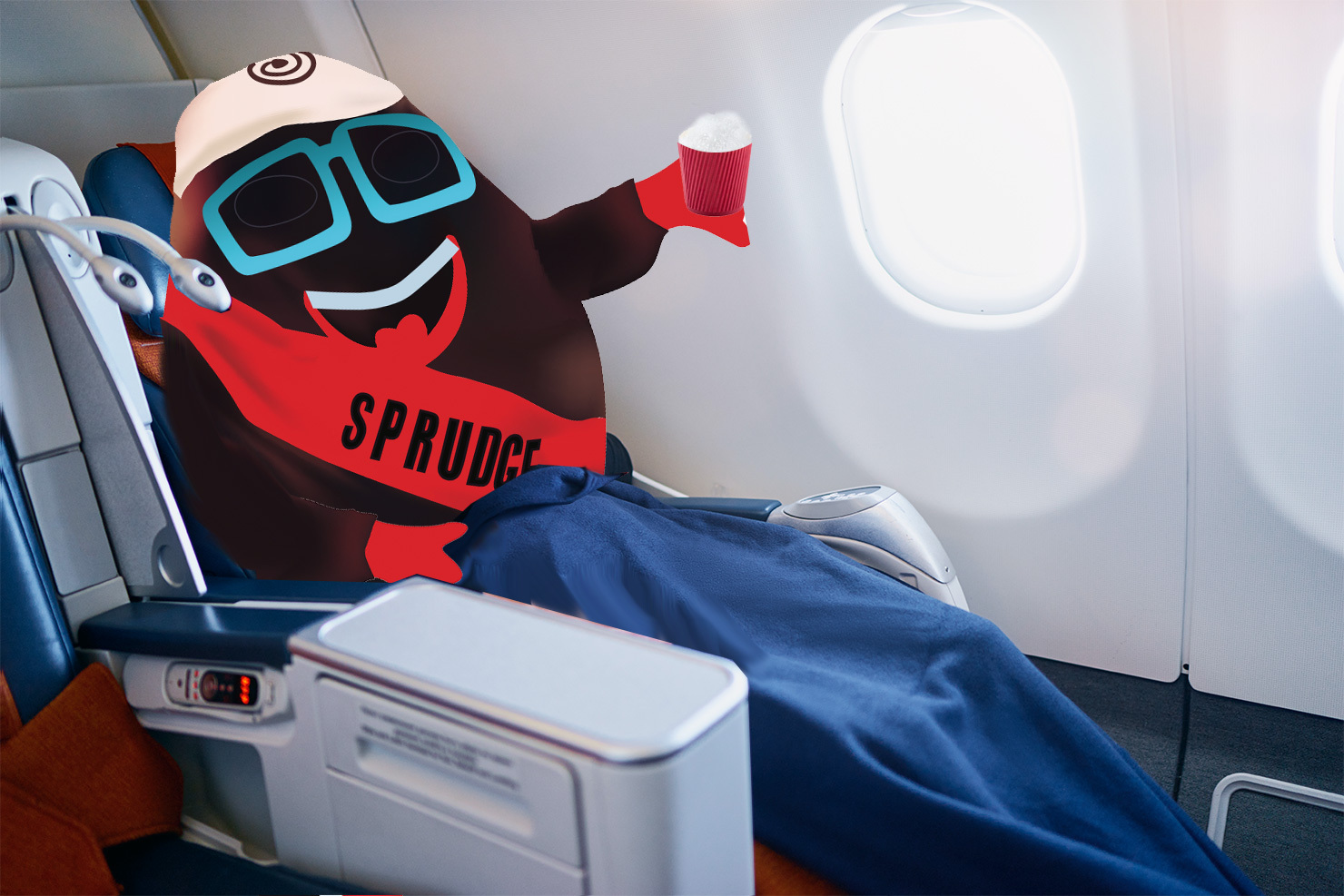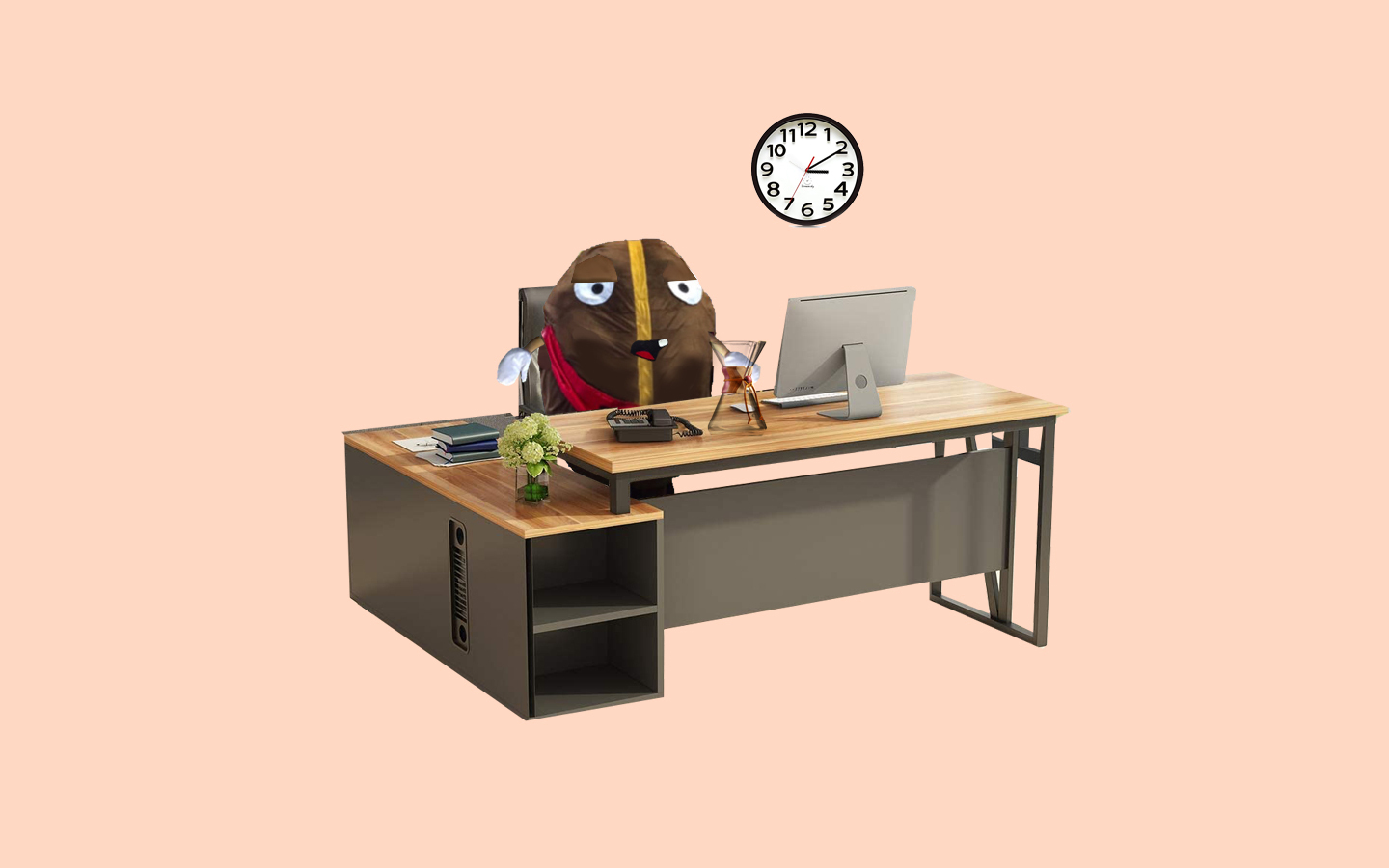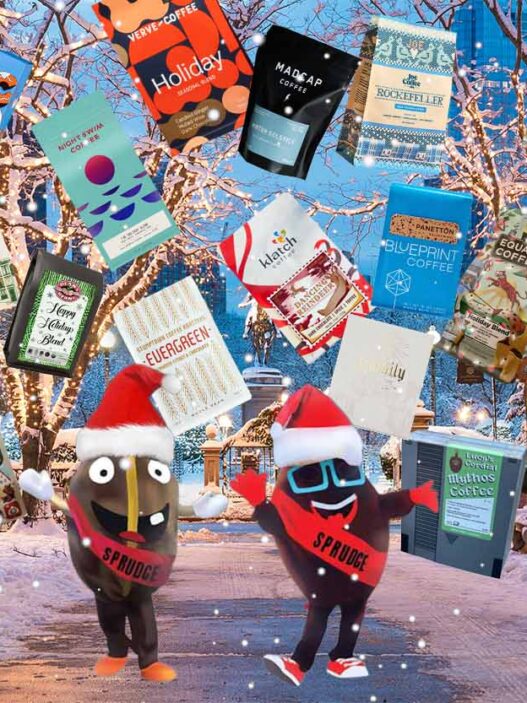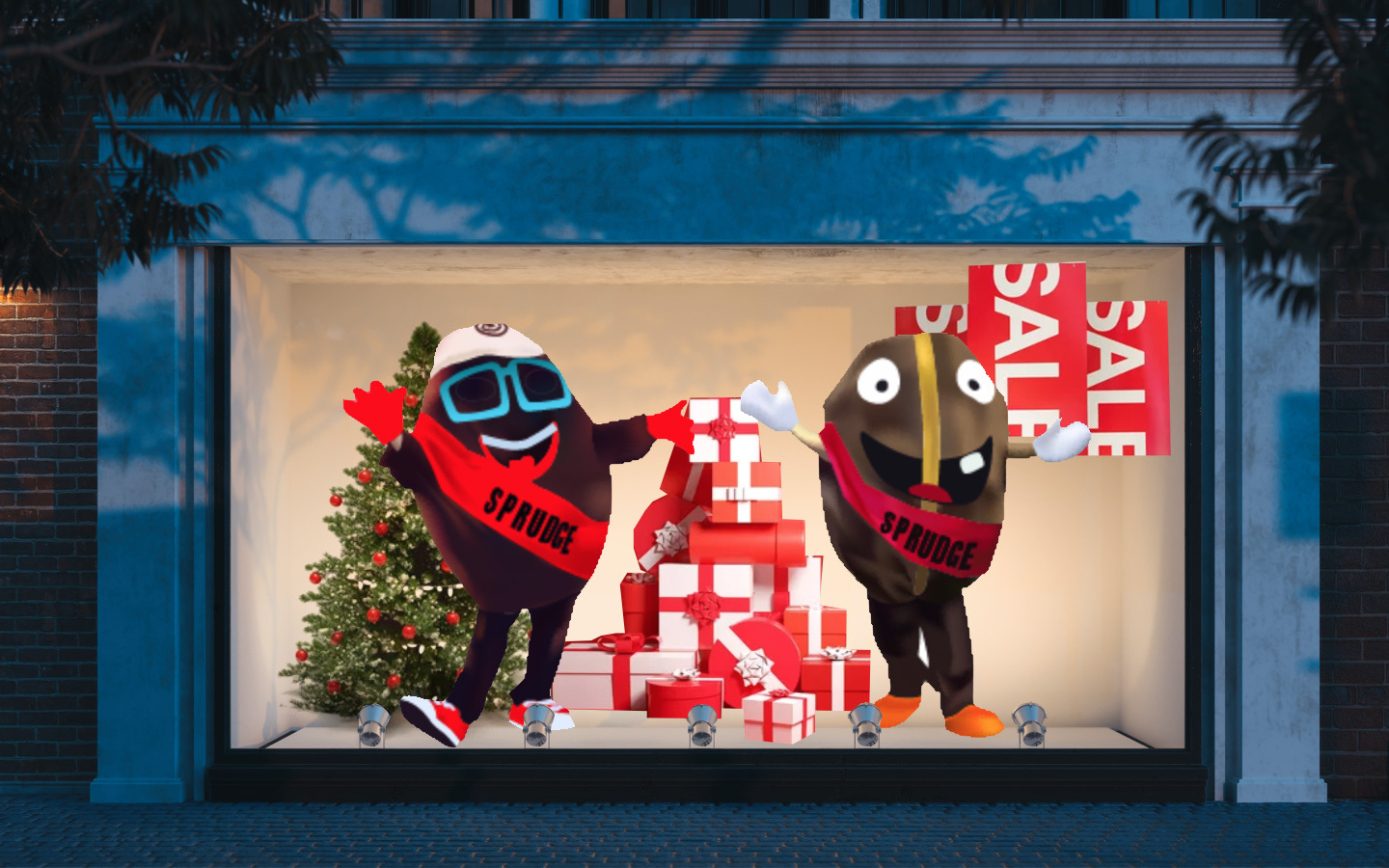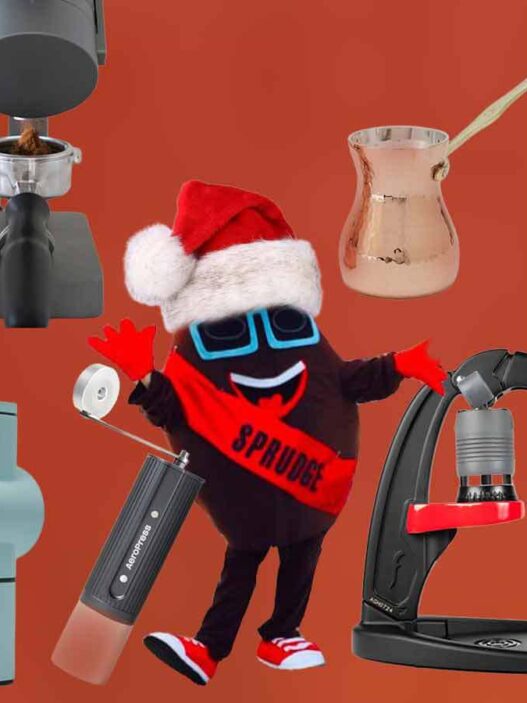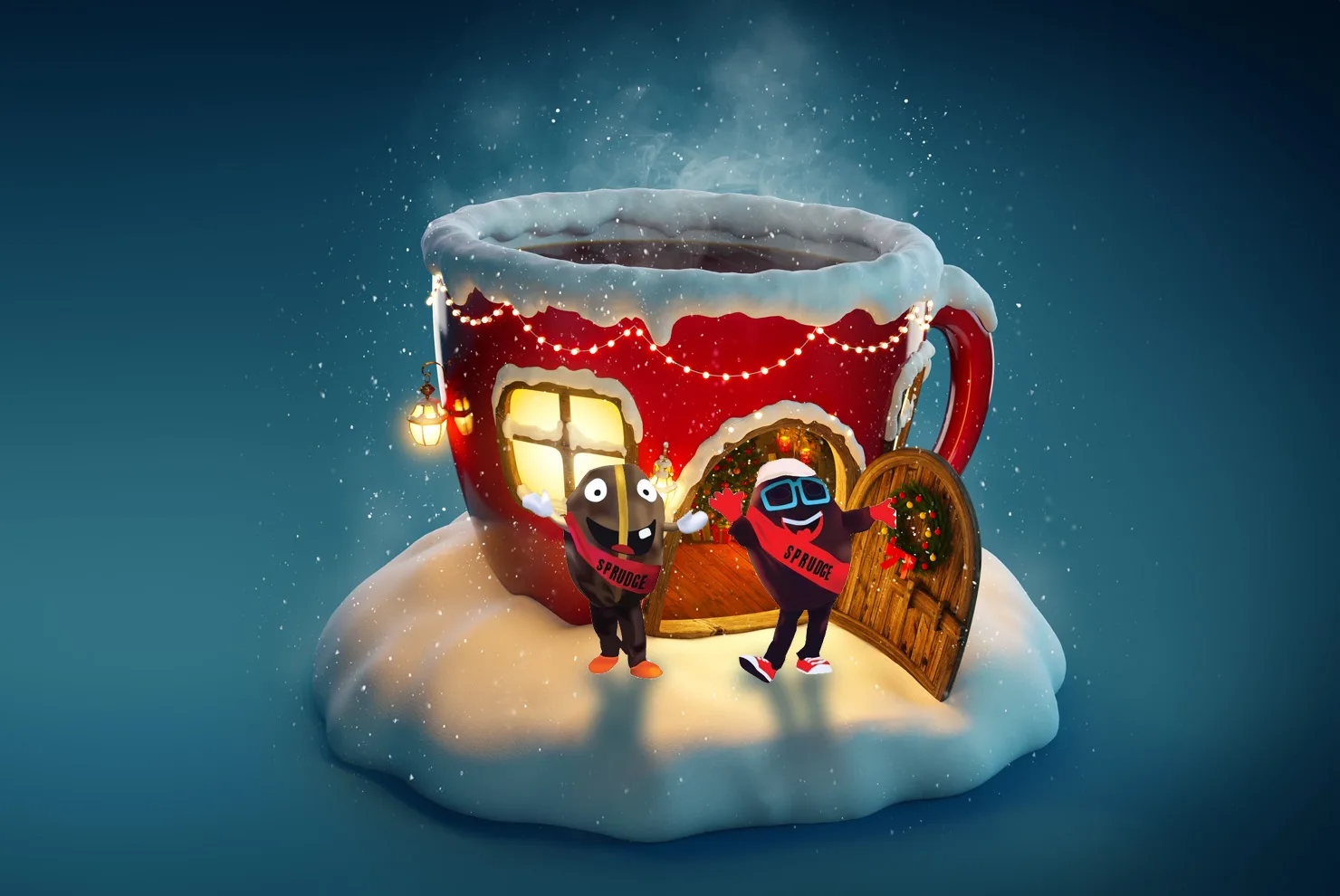A loading dock can be a lonely place when you’re waiting and no longer hoping, when the sun is about to abandon the day and the dying light pushes your shadow far back into the small roastery where only one bag of green coffee remains, when the pallet of coffee you ordered three weeks ago is two weeks late and nobody can promise you anything but uncertainty and the vague notion that it’s on the road somewhere.
Wow, I’m really feeling sorry for myself, thought Beck. He was also feeling bad for his customers and couldn’t wait any longer to tell them he was basically out of coffee. Tracking indicated his coffee was less than 100 miles away, but that information was now three days old and the trucker hadn’t been in touch with anyone since.
Pacing back and forth under the open bay door of the loading dock as the darkness grew, he spent an hour calling customers to personally apologize for something that wasn’t his fault. Some of them apologized in return for needing to buy coffee from other roasters or big box retailers.
“I’m sorry Beck, I really am, but if we don’t have coffee we’re not a coffeehouse, you know.”
Of course, he understood.
The phone on the shipping and receiving desk rang. He was the only one left in the roastery and he hesitated. No doubt it would be yet another wholesale customer asking if, when, why. He didn’t really have any answers. He picked up the phone anyway because, he reminded himself, these are my monkeys and this is my circus.
“Lawless Coffee, this is Beck.”
Silence. Then breathing.
“This is Beck, can I help you?”
The voice sounded plaintive and panting and angry and almost familiar.
“I have… I have the coffee, your coffee. I have your coffee.”
“Who is this? Are you the driver? Where are you?”
“Come and get it,” the caller said, sighing before hanging up.
Beck was not inclined to demonstrations of anger, but after the caller hung up the phone weeks of frustration boiled over. He picked up an old grinder burr that served as a paperweight and threw it off the dock into the dim light of what had been an empty parking lot moments before.
Expecting to hear the ting tang of metal bouncing across the large industrial parking lot, he heard instead the unmistakable sound of safety glass breaking as his eyes adjusted to find the gray outline of a semi-truck cab facing the dock a hundred feet away.
“Shit, shit, shit,” he said, and then, “Where the hell did that come from?”
As he knelt down to hop off the dock so he could face the music, apologize to the driver and sort out paying for the damages, the truck started-up and the harsh growl of its diesel engine was so loud he wondered how he hadn’t heard it pull into the parking lot. The extreme awkwardness of the situation and his embarrassment was mitigated by the thought that this must be his coffee. The driver probably assumed Beck had seen him arrive, and that explained the cryptic phone call.
The truck’s high beams snapped on. The blinding light was joined by the jolting blare of the truck’s air horn and the combination pushed him back against the dock. Closing his eyes against the light, he started waving both hands over his head, crossing and uncrossing them in a lame attempt to somehow communicate that he understood why the driver was pissed off, and please stop with the lights and the horn.
The sputtering engine came down from a high rev and the truck lurched forward violently. Beck told himself that the driver was going to circle around so he could back up to the dock and deliver the coffee. The horn and the high beams were just an expression of the truckers own justified anger, a little parking lot rage. Even as he told himself these things, he was turning around to try and scramble back up onto the dock.
By the time he swung his leg up, missing the edge of the dock, losing his balance and falling back to the ground, he was certain of two things. The truck was not going to turn or stop, and he didn’t have time to climb back onto the dock. The rough rumble of the engine was now rattling his bones and the screaming horn was hammering spikes into his ears. Without looking back he moved, fell as he turned an ankle, and crawled to the side.
The front left tire would have crushed his foot if the truck hadn’t been brought to such an abrupt halt by slamming into the dock. He moved backward on his ass until he found the side of the stairs leading up the roastery entrance.
The truck’s horn had stopped blasting but the engine was still running. One headlight was broken. Beck looked up toward the cab at the dark square of an open window. The only part of the driver he could see was the faded denim elbow of a left arm.
“What the hell is wrong with you?” he yelled.
The engine started revving and the gears started grinding, as if the driver were searching for reverse. The truck looked ancient, like something from the 1950’s. Oxidized paint had rained off the hood and fenders as they crumpled from the impact and a rusty powder still hung in the air. The demand for truckers, he’d been told several times in recent weeks, was outpacing supply at record levels. He’d read that driver pay had increase so much, truckers were coming out of retirement. “I guess,” he murmured.
The truck slowly rolled backward. Through the weak light of the remaining headlight Beck could see pale knuckles behind the shattered driver-side window turning the steering wheel to maneuver the truck away at a diagonal and face the spot where he as sitting. The brakes squealed as it came to a stop and the air horn started blaring again.
He tried to stand and winced when he absentmindedly put weight on his twisted ankle. The truck groaned forward, rapidly gaining an unreasonable amount of speed. Beck didn’t have time to climb up the floating concrete and cast iron stairs. The best he could manage was to crawl behind the meager six steps and hope they might, along with the sacks of winter rock salt stored underneath, offer some protection.
Pebbles bit his palms as he crawled. He hadn’t even reached cover behind the highest section of the stairs when the truck smashed into them. A battering ram made of iron and concrete punched him hard in the shoulder, sending him several feet across the asphalt where he slid to a halt on his back.
He lay looking up at the starless coal-colored sky, listening to the sound of footsteps all around him. When he looked around he didn’t see anyone, just rock salt and broken concrete and the wrecked truck releasing radiator steam.
Slowly, he stood on one leg and used a trial-and-error combination of hopping and limping to make his way to the cab of the crashed truck, picking up a large chunk of concrete on the way. The door was ajar. He yanked it open and brandished the concrete in what he deemed was a threatening gesture.
The cab was empty. He scanned the parking lot again, looking for signs of the driver. Nothing. He picked up a clipboard off the floor of the cab, thinking he might find the drivers name. It was just a series of log entries.
Customer inquiry, delivery is late.
Customer requesting new ETA for delivery.
Customer complained, delayed delivery.
Customer complaint, lack of information on status.
Customer spoke with manager regarding late delivery.
Customer complained, delayed delivery.
It looked like all the complaints were from him. The date written at the top of the page was October 1961.
The truck’s radio suddenly came alive, startling him backwards and causing him to put all his weight on his left foot. Pain throbbed in his ankle as the voice of Ricky Nelson crooned, “So hello Mary Lou, goodbye heart” and the song ended. He sat down on the side-step and another song started that he thought he’d heard before.
“Where the boys are, someone waits for me,” the voice sang. Underneath the music, he heard the familiar sound of a trailer door being unlatched and creaking open. From behind the truck a hoarse and broken male voice joined the woman’s voice on the radio in duet.
“He’s walkin’ down some street in town and I know he’s lookin’ there for me. In the crowd of a million people, I’ll find my valentine.”
Beck dropped to the ground, his eyes searching under the trailer. At the back of the rig he saw a pair of cowboy boots shuffling about as the second door of the trailer was opened. He thought of the footsteps he’d heard while he lay on his back and looked over at the spot. If the trucker wanted to hurt him, why hadn’t those boots been kicking him while he was vulnerable? A tire iron to the head would have finished him off if that’s what the demented driver wanted. As he’d tried to shake the image of being beat to death with a tire iron, something about all the salt covering the ground started nagging at him.
When he realized what is was, he had to stop himself from laughing. You’re losing it, he thought. Salt repels ghosts, demons, and boogie men? His phone was still on the desk inside. The stairs were unusable. What did he have to lose? He limped over to a torn open bag of rock salt and scooped out two handfuls. Kneeling, he saw the boots where still at the back of the trailer. As if they sensed his eyes, they stopped moving.
He limped along the side of the trailer as quickly as he could. Taking a deep breath, he swung around the corner while holding his hands filled with salt in front of him and yelled “Fuckerrrrrr!” and then, somewhat inexplicably as he opened his eyes, “Hah!”
Nobody was there, just two empty cowboy boots. He kicked at them to make sure they weren’t filled with an invisible trucker and heard a soft moan from inside the trailer. Peering into the darkness he could make out the vague, dark shape of a pallet half-stacked with green coffee and other sacks scattered around. Squinting, he tried to decide if he was looking at the toe of a boot sticking out from behind the pallet. He looked down. The cowboy boots were gone.
Then the truck’s air horn tore open the silence, drowning out the voice of Elvis who had just sung “Won’t you please surrender to me.” The scream of the air horn began to muffle and melt into a screeching voice inside the trailer that came into shrill harmony with Elvis and together they belted out “be mine tonight.” A patch of darkness moved toward him, becoming vaguely human as it emerged from the shadows.
His own cry joined the scream of the figure as it flew forward. With his eyes closed, Beck blindly tossed salt into the air and the world went quiet.
With his sore ankle it took him almost two hours to unload the coffee. He roasted and sampled all night and into the morning, singing The Lion Sleeps Tonight over and over again in a clear, sharp falsetto. Although the green coffee on the truck matched his order, the packing slip was dated 1961, and when he opened the bags, all the coffee was clearly aged. In the afternoon he started calling customers, clearing his throat repeatedly between calls to shake the wheeze from his voice.
“I have coffee. It’s unusual, something special for the season. Don’t mind the name, it’s an inside joke, just for fun. A combination of aged coffees I’m calling Trick or Treat Blend. No, we’re not making any deliveries this week. You have to come and get it.”
Mike Ferguson (@aboutferguson) is an American coffee professional and writer based in Providence, Rhode Island. Read more Mike Ferguson on Sprudge.






